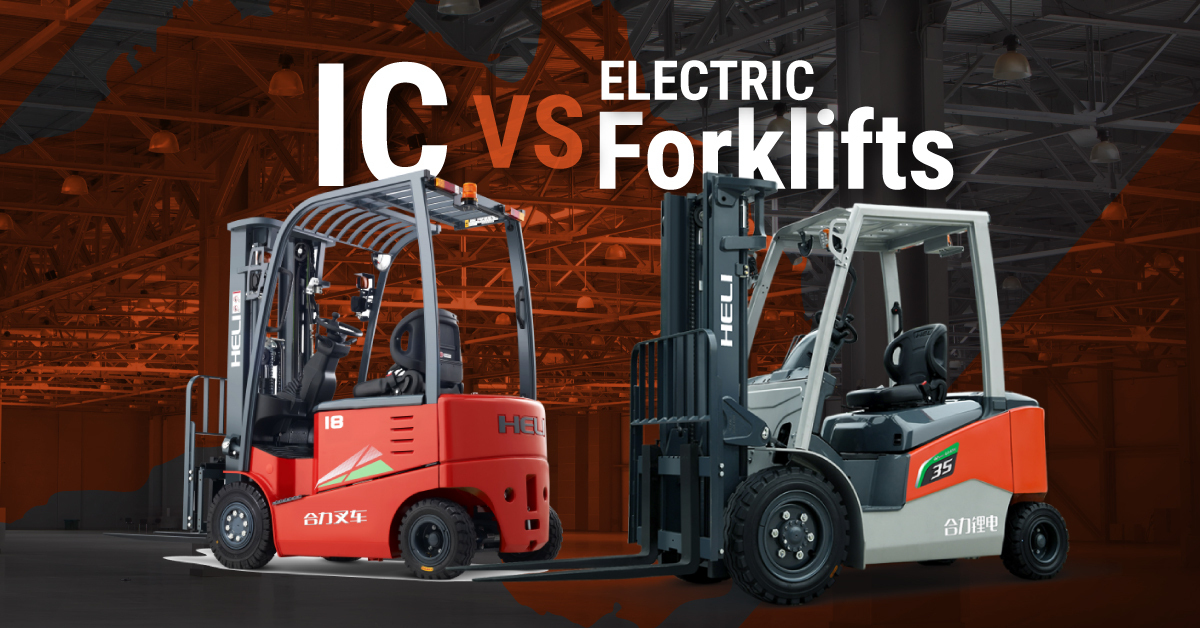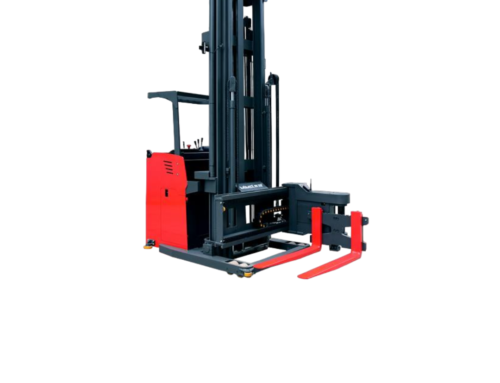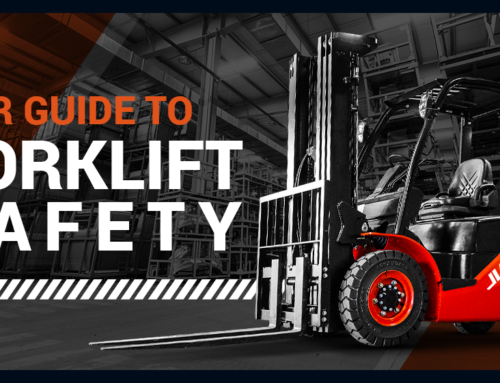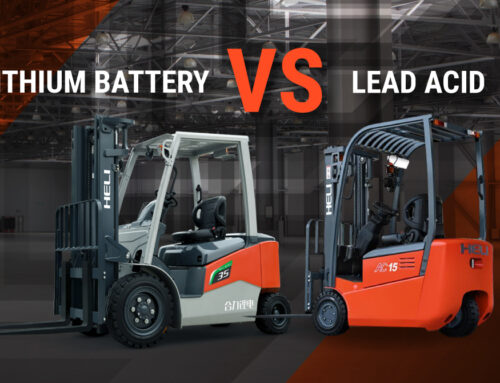A forklift is an essential piece of equipment for many businesses to use. It can be used in warehouses and manufacturing plants or to control the flow of materials.
When moving heavy objects, you need to choose the right engine for the job. The two main types of engines used in forklifts are IC and electric. But how do you know which to pick when it comes to ic engine vs electric engine?
IC engines (Internal Combustion) are commonly found in industrial applications, such as moving cargo or materials. They’re powered by fuel oil or LPG gas, and can generate a lot of force – which is why they’re often used in big, heavy machines.
On the other hand, electric engines are more prevalent in commercial applications. They’re powered by electricity and can be quieter than IC engines, making them better choices for areas where being able to control noise levels is essential. They also have a shorter lifespan – so they’re not ideal for use in high-traffic areas.
With all the different forklifts available nowadays, you must consider electric forklifts vs. ic and which is better for your business.
What Is An Internal Combustion Engine Forklift?
An IC engine is a type of engine that uses an internal combustion process. This engine is usually used in forklifts because they are smaller and more efficient than other engines. Internal combustion engine forklifts are powered by gasoline, natural gas, LPG, or diesel fuel. They’re best suited for outdoor use because they produce fumes that can be harmful if used indoors without proper ventilation.
Heli IC forklifts are also louder than electric forklifts, so they may not be the best choice if you need to use your lift in noise-sensitive areas. However, they don’t require a power source, so you’ll have more flexibility in where you can use them, making them ideal for rural areas and outdoor terrains. Despite not requiring a power source and being non-electric, these forklifts are still incredibly powerful, thanks to modern technology.
What Is An Electric Forklift?
Electric motors power electric engines. They are more efficient and require less maintenance than traditional engines. Electric forklifts use electric motors to power their lifting mechanisms, which makes them more environmentally friendly.
Heli lithium ion forklifts are powered by lithium-ion batteries that must be charged regularly. Because they don’t produce fumes, they’re better suited for indoor use than internal combustion engine models. They’re also much quieter, so they won’t disturb people working nearby and are ideal for indoor use. However, this lift requires a power source, which means you’ll need access to an outlet or generator. You’ll also need to factor in downtime for charging the batteries.
Electric forklift motors also require much less maintenance than traditional engine forklifts, requiring only periodic lubrication and checkups. They are more cost effective in the long run in comparison to LPG, as gas bottles can be costly, more so than electricity costs.
What Are The Advantages of an Electric Forklift?
There are many advantages of using a Heli lithium ion forklift over a traditional internal combustion forklift and why they may be the best choice for your business. Here are a few:
- Electric forklifts are quieter than gas engines, making them more comfortable for workers.
- Electric forklifts don’t require any preparation before operation, making them easier to use.
- Electric forklifts usually have longer lifespans than gas engines, so they will likely last longer and require less maintenance.
What Are The Advantages Of An Internal Combustion (IC) Forklift?
There are many advantages of using a Heli IC forklift over an electric forklift and why they may be the best choice for your business. Here are a few:
- IC forklifts are efficient. Because they use internal combustion engines, IC forklifts are very fuel-efficient. This means that they’ll save you money on fuel costs over time.
- IC forklifts are powerful. Unlike other forklifts, IC forklifts can move much heavier loads than traditional electric vehicles. This makes them ideal for jobs that require heavy lifting or maneuvering.
- IC forklifts are versatile. IC forklifts can be used for a wide range of purposes, including warehouse work, palletising and loading/unloading trucks.
Electric Forklifts vs IC: Which Forklift Is Better For Your Business?
Choosing the right forklift can be daunting, but it’s essential to make the right decision for your business. Here are a few things to keep in mind when choosing a forklift:
Size and Capacity
First and foremost, you need to consider the size of the forklift you need. Electric forklifts tend to be smaller than internal combustion models, so an electric model might be a better choice if you only need a small-capacity forklift. Conversely, an internal combustion vehicle might be better if you have a large business and need a large-capacity forklift.
Maintenance and Operating Costs
Another essential factor to consider is each type of forklift’s maintenance and operating costs. For example, electric forklifts require less maintenance than internal combustion models, so they may be cheaper to operate over time. However, internal combustion models are usually more reliable and last longer.
Weight and Balance
Finally, you’ll want to ensure that the forklift’s weight and balance are appropriate for your business. For example, a heavier forklift will require more horsepower to move it, which could increase your operating costs.
Jialift Australia: A Reputable Supplier Of IC And Electric Forklifts
When choosing an electric forklift or an internal combustion forklift, it is essential to understand its benefits and drawbacks. Ultimately, the decision will come down to what your business needs and wants. However, understanding each option allows you to make a more informed decision and get the suitable machine for your needs.
To learn more about our range of forklifts, or to enquire about IC or electric engines, contact us today. Our team will be to find the best priced forklift for you and your needs.








